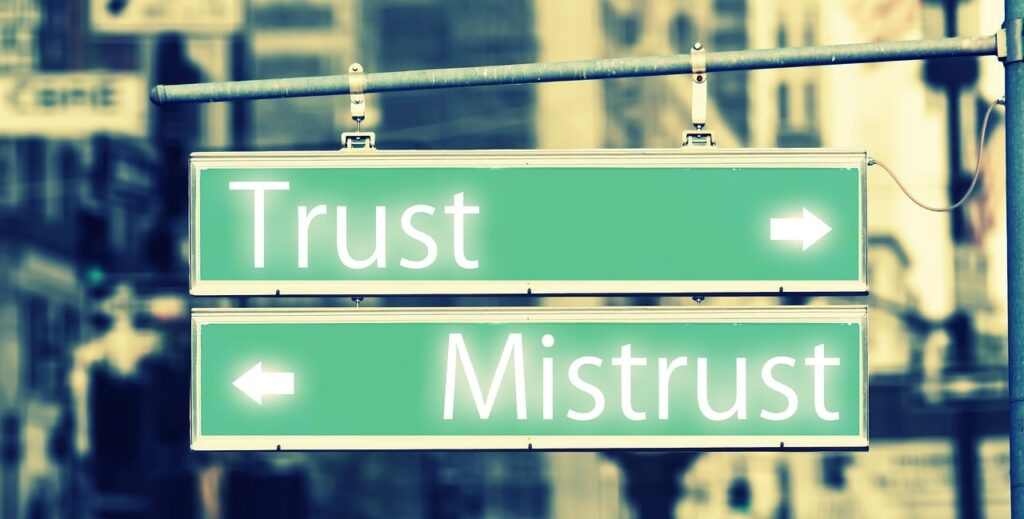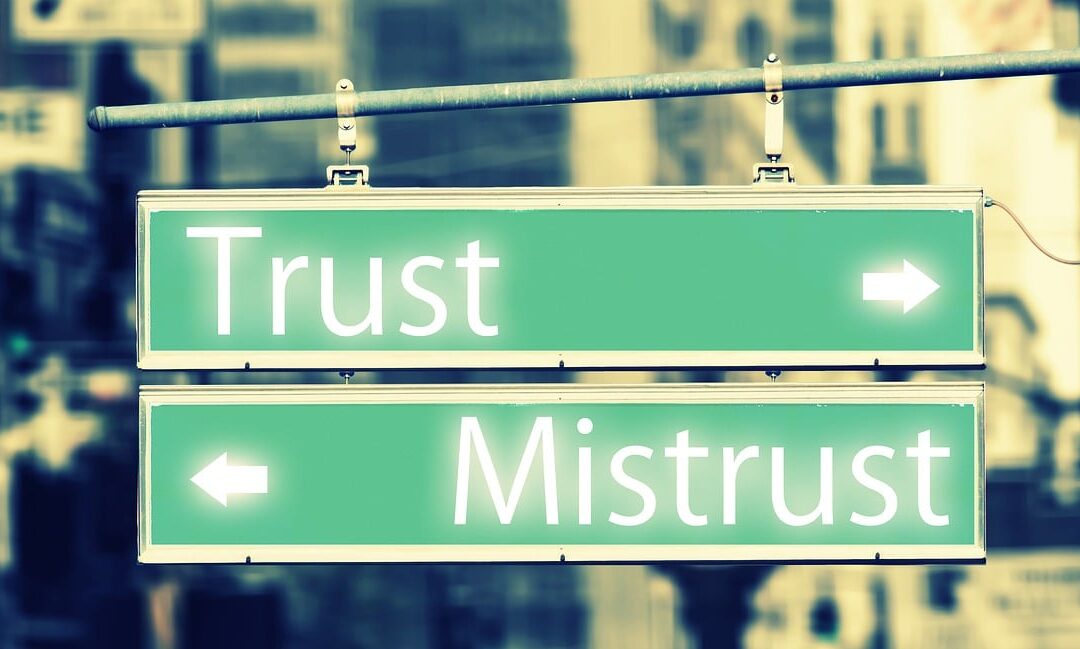
By Tanya Jolliffe
George Washington said, “Honesty is the best policy.” My parents repeated that saying occasionally, and my high school volleyball coach taught me its importance. The coach wanted her players to always be honest. She wanted players who would tell the truth if the ball was on the line, if they touched the net while making a block play, or if they touched the ball before it went out of bounds. Honesty was such an essential virtue to her that she often confirmed the honesty of our statements by looking us in the eye and asking, “Honest?” As a God-loving woman, if you looked her in the eye and said “Honest,” in return, that was to her as if you were placing your hand on the Bible or taking an oath unto God.
My parents and grandparents instilled honesty and trustworthiness in me growing up, and I learned the lessons the hard way. My grandmother held me accountable for any falsehood I thought I could get away with while playing board games on more than one occasion. When caught in a fib, my mother often reminded me that if I wanted her to trust me in bigger things, she had to be able to trust me in the small things first.
By the time I got to high school, I understood the importance of your word being your bond. In Matthew 5:33-37, Jesus teaches us about the importance of this principle. “Again, you have heard that it was said to the people long ago, ‘Do not break your oath, but fulfill to the Lord the vows you have made.’ But I tell you, do not swear an oath at all: either by heaven, for it is God’s throne; or by the earth, for it is his footstool; or by Jerusalem, for it is the city of the Great King. And do not swear by your head, for you cannot make even one hair white or black. All you need to say is simply ‘Yes’ or ‘No’; anything beyond this comes from the evil one.”
By saying “honest” to our coach, we let our yes be yes, and our no be no. By the time I was a senior in high school, the idea of confirming a truthful statement with the reply of “honest” had become second nature to me. Because I had demonstrated to my coach over the years that I understood the importance of honesty to her, you can understand how crushed I was when she didn’t believe me.
As I stopped by the coach’s office one afternoon after school my senior year, she noticed the faint curling iron burn on my neck from my morning mishap while rushing to get out the door for school. She asked me if it was a hickey. I emphatically told her no and explained what had happened with the curling iron that morning. Before she could ask, I confirmed my truthful story with an “HONEST COACH” response. I could tell by her face that she didn’t believe me.
I was crushed. Why didn’t she believe me? What kind of person did she think I was? I had told her the truth. I didn’t make up an excuse. I told her exactly what happened, and I played by her rules and confirmed by looking her in the eyes and telling her I was being honest. She gave me a half-hearted OK, confirming her disbelief in my explanation, and sent me on my way. I held back tears as I made my way to my car, avoiding eye contact with everyone I passed so they wouldn’t see the tears welled up in my eyes. By the time I reached my car, my hurt had turned to anger as I started my drive home. I only made it to the first stop sign past the school, where I was stopped by a police officer and given a ticket for speeding.
That evening, I told my parents about the ticket, but I’m not sure I ever told them what happened before. Most likely, to them, I was being a careless, lead-footed teen who would have to learn her lesson. Everything about that first speeding ticket still sticks with me forty years later because someone I thought knew me and my character didn’t believe me. Similar situations played out in college, my internship, and in some of my professional positions, as well as with my family and friends. If I’m being honest, not being trusted or believed by those closest to me still hurts as much today as it did all those years ago.
Truthfulness can be defined as earning future trust by accurately reporting past facts. Whether believed or not, we are to do our very best to be truthful and honest in honor and respect to the LORD and others.
“Do your best to present yourself to God as one approved, a worker who does not need to be ashamed and who correctly handles the word of truth” (2 Timothy 2:15 NIV).
“Therefore, each of you must put off falsehood and speak truthfully to your neighbor, for we are all members of one body” (Ephesians 4:25 NIV).
“Keep your tongue from evil and your lips from telling lies” (Psalm 334:13 NIV).
We are all in a season where it is tough to know what is true or who is telling the truth. That is why it is more important than ever to be grounded in the truth of God’s word. “Sanctify them by the truth; your word is truth” (John 17:17 NIV).
Jesus said, “I am the way and the truth and the life. No one comes to the Father except through me” (John 14:6 NIV), and he let us know, “But when he, the Spirit of truth, comes, he will guide you into all the truth. He will not speak on his own; he will speak only what he hears, and he will tell you what is yet to come” (John 16:13 NIV).
These days, when it is hard to know the truth or trust what we are being told, the Holy Spirit will guide you in spirit and truth if you let him. Honest, He will.
Looking for a way to connect with God daily? Check out our daily devotional books: Living in Truth Day by Day *** Living in Truth Mind, Body, Spirit ***








